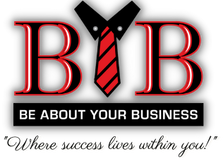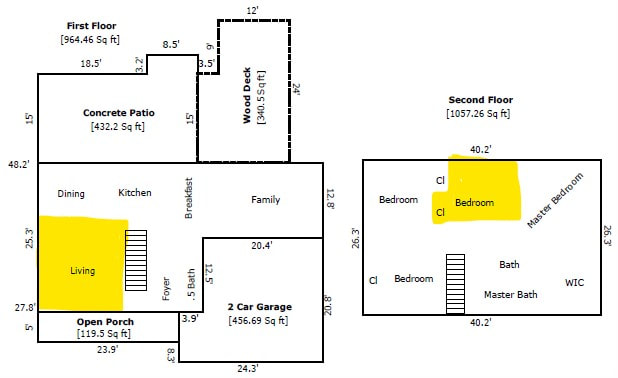About us
 Belinda B. Bennett
CEO/President
Belinda B. Bennett
CEO/President
Why use our services? I'm so glad you've asked! The president and CEO, Belinda B. Bennett, understands the meaning of hustling while working a full-time job. She served in the military straight out of high school instead of immediately going to college or a university or working a traditional job. During the time of serving she created a side hustle of making "Candy Babies" as small gift items for other military families as well as selling her fine art to customers that purchased drawings that she replicated of themselves and other loved ones. When she realized that she had the ability to create an additional income stream it became an answer to so many unlimited opportunities.
She is a woman of many skills! She believes in a strong family unit and therefore once her husband's service time ended, she too transitioned out of the army back into the civilian world to help raise their three children at the time. With her strong background in organization and learning various expects of the computer she began to work as an office manager for various companies. She was able to help bring in more revenue for the companies she was employed by with her vast knowledge of what they offered as well as her impeccable customer service skills.
She managed to continue to build her understanding about business through becoming a life long student at her local community college through their business center. With persistence and perseverance she has been able to successfully transition from working a full-time job to working solely for her businesses. Yes, she is the founder of more than one and she enjoys the fact that she is now capable of helping more people in working in their passion as well. With her business management services, she is able to teach others from her very own personal experiences. Within her business to business relationships, she has several companies that have extended her business lines of credit that allows the affordability of larger purchases when needed and to perform day to day management of the company's expenses.
Recently Be About Yours Inc. became a certified small business enterprise that has given the company the opportunity to work on small to large projects with contracts through the government, state, and local city. Be About Yours Inc. DBA Be About Your Business looks forward to assisting you with your business needs. We lead by example and understand that, "Success lives within you!"
She is a woman of many skills! She believes in a strong family unit and therefore once her husband's service time ended, she too transitioned out of the army back into the civilian world to help raise their three children at the time. With her strong background in organization and learning various expects of the computer she began to work as an office manager for various companies. She was able to help bring in more revenue for the companies she was employed by with her vast knowledge of what they offered as well as her impeccable customer service skills.
She managed to continue to build her understanding about business through becoming a life long student at her local community college through their business center. With persistence and perseverance she has been able to successfully transition from working a full-time job to working solely for her businesses. Yes, she is the founder of more than one and she enjoys the fact that she is now capable of helping more people in working in their passion as well. With her business management services, she is able to teach others from her very own personal experiences. Within her business to business relationships, she has several companies that have extended her business lines of credit that allows the affordability of larger purchases when needed and to perform day to day management of the company's expenses.
Recently Be About Yours Inc. became a certified small business enterprise that has given the company the opportunity to work on small to large projects with contracts through the government, state, and local city. Be About Yours Inc. DBA Be About Your Business looks forward to assisting you with your business needs. We lead by example and understand that, "Success lives within you!"


 RSS Feed
RSS Feed